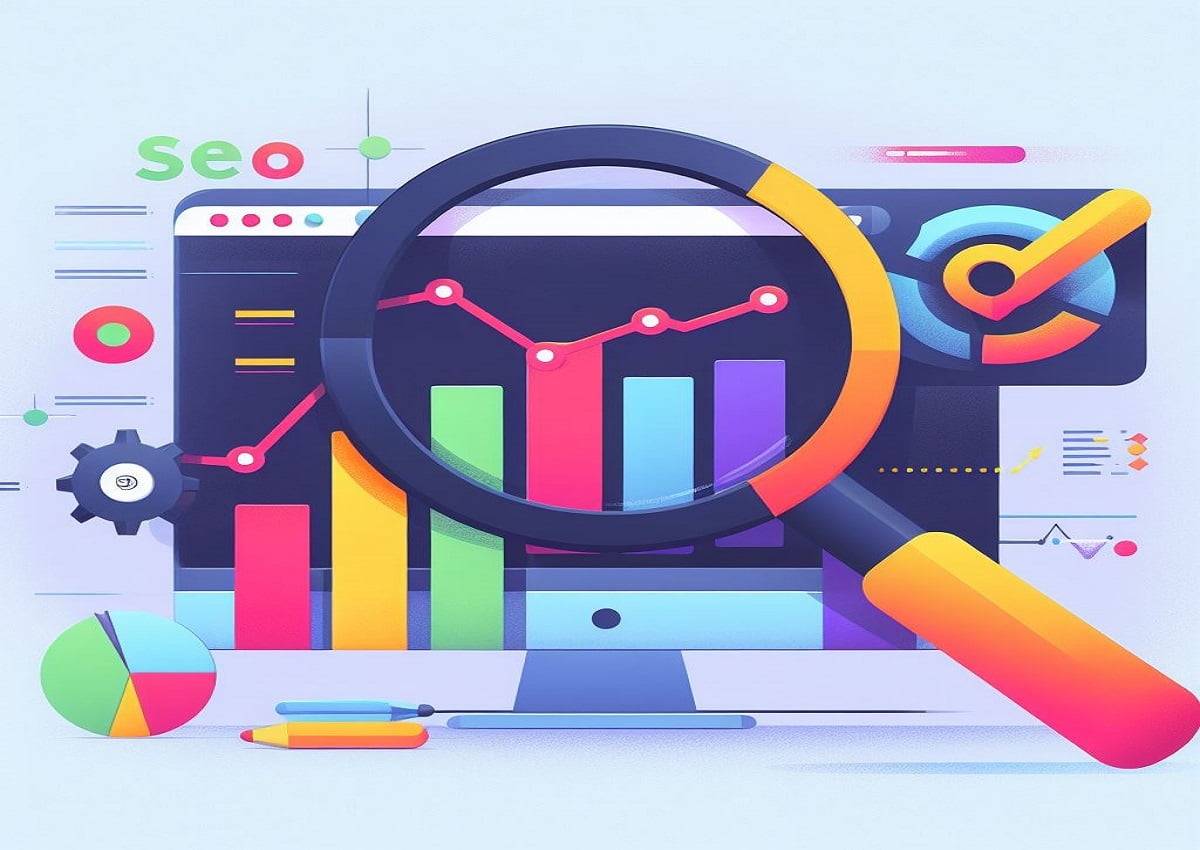2023 Ultimate Guide to On-Page SEO: Complete On-Page SEO

In today’s digital landscape, having a strong online presence is crucial for businesses and individuals alike. One of the key elements of this digital presence is on-page SEO, which plays a vital role in optimizing web pages to rank higher and earn more relevant traffic in search engines. In this comprehensive guide, we will delve into the intricacies of on-page SEO, its importance in 2023, and the factors that impact its effectiveness.
What is On-Page SEO and Its Importance in 2023
Understanding On-Page SEO Basics
On-page SEO, also known as on-site SEO, refers to the practice of optimizing individual web pages to rank higher and earn more relevant traffic in search engines. It involves optimizing both the content and HTML source code of a page on your website. On-page SEO elements include but are not limited to the page title, meta description, meta tags, URL structure, and keyword optimization.
The Importance of On-Page SEO in 2023
On-page SEO is more important than ever in 2023, especially with the continuous evolution of search engine algorithms. It is an integral part of any SEO strategy as it directly impacts the visibility of a specific page in search results. By effectively optimizing on-page factors, businesses and individuals can help Google and other search engines understand what their page is about, ultimately improving its chances of ranking for relevant queries.
On-Page SEO Factors That Will Impact Ranking
The on-page SEO factors that influence the ranking of a specific page on your site are diverse and constantly evolving. Some of the key on-page SEO factors include optimizing keywords, internal linking, meta description and title tag optimization, URL structure, and the integration of structured data for advanced on-page SEO.
Optimizing Keywords for On-Page SEO
How to Optimize Keywords for On-Page SEO
Keyword optimization is a critical aspect of on-page SEO. It involves conducting in-depth keyword research to identify relevant and high-value terms that align with the specific page content. Once identified, these keywords need to be strategically incorporated into the page’s content and meta elements to help improve its visibility in search results.
Utilizing Target Keywords in On-Page Content
When optimizing a specific page for search, it’s best to ensure that the target keywords are naturally integrated into the page content. This helps in conveying the page’s relevance to search engines and enhances its potential to rank for specific queries.
The Role of Search Intent in Keyword Optimization
Understanding the search intent behind user queries is paramount in keyword optimization for on-page SEO. By aligning the chosen keywords with user search intent, businesses and individuals can better cater to their audience’s needs and improve the relevance of their content in search results.

On-Page SEO Factors and Checklist
Meta Description and Title Tag Optimization for On-Page SEO
Optimizing the meta description and title tag is an important on-page SEO practice. These elements serve as snippets that appear in search results, providing a brief preview of the page’s content. By crafting compelling and relevant meta descriptions and title tags, businesses and individuals can increase the likelihood of their page being clicked on in search results.
Internal Linking Best Practices for On-Page SEO
Internal linking, the practice of linking to other pages within the same website, is a significant on-page SEO factor. It helps search engines understand the hierarchy and relationship between different pages on a website, ultimately improving the overall website structure and distributing page authority effectively.
Optimizing URL Structure for On-Page SEO
The structure of URLs plays a role in on-page SEO as well. Clear and descriptive URLs not only benefit user experience but also help search engines comprehend the page’s content. It’s important to optimize the URL structure to ensure it accurately reflects the content and is easily understandable to both users and search engines.
The Impact of Page Speed and User Experience on On-Page SEO
Understanding the Role of Page Speed in On-Page SEO
Page speed is a crucial on-page SEO element that directly impacts user experience and search engine rankings. Search engines prioritize fast-loading pages, as they contribute to a better overall user experience. Optimizing page speed involves various technical optimizations to ensure swift and responsive page loading times.
Improving User Experience to Enhance On-Page SEO
User experience is intertwined with on-page SEO, as it reflects the satisfaction and engagement of visitors on a website. By enhancing user experience through intuitive navigation, clear call-to-actions, and valuable content, businesses and individuals can positively impact their on-page SEO performance.
How On-Page SEO Elements Affect User Experience
On-page SEO elements such as page content, internal linking, and optimized image attributes directly contribute to user experience. When these elements are carefully crafted and aligned with user needs, they can significantly enhance the overall website experience and, subsequently, its on-page SEO performance.
Advanced Techniques and Strategies for On-Page SEO
Utilizing Structured Data for Advanced On-Page SEO
Structured data, also known as schema markup, enables businesses to provide additional context to search engines about the content on their website. By integrating structured data, businesses can enhance the visibility of their pages in search results and potentially qualify for rich snippets or featured snippets, which can greatly impact their click-through rates.
Optimizing Images and Alt Tags for On-Page SEO
Images play a significant role in on-page SEO, and optimizing them can contribute to improved visibility and user experience. By utilizing descriptive file names and alt text, businesses and individuals can help search engines understand the content of the images, potentially driving additional traffic through image search results.
Integrating On-Page and Off-Page SEO Strategies for Maximum Impact
While on-page SEO focuses on optimizing individual web pages, integrating on-page and off-page SEO strategies can amplify the overall impact on search engine rankings. Off-page SEO, including external links and social signals, complements on-page efforts and contributes to establishing authority and credibility within a specific industry or niche.





